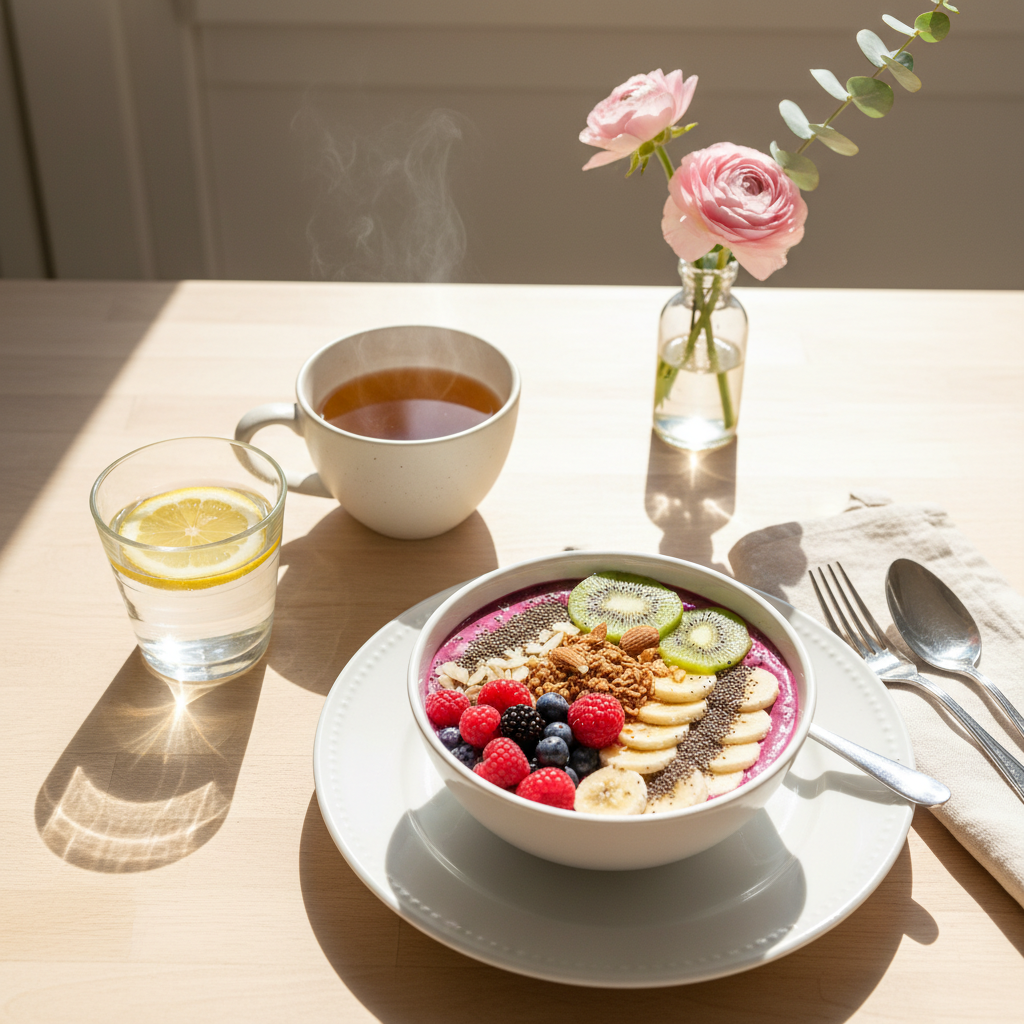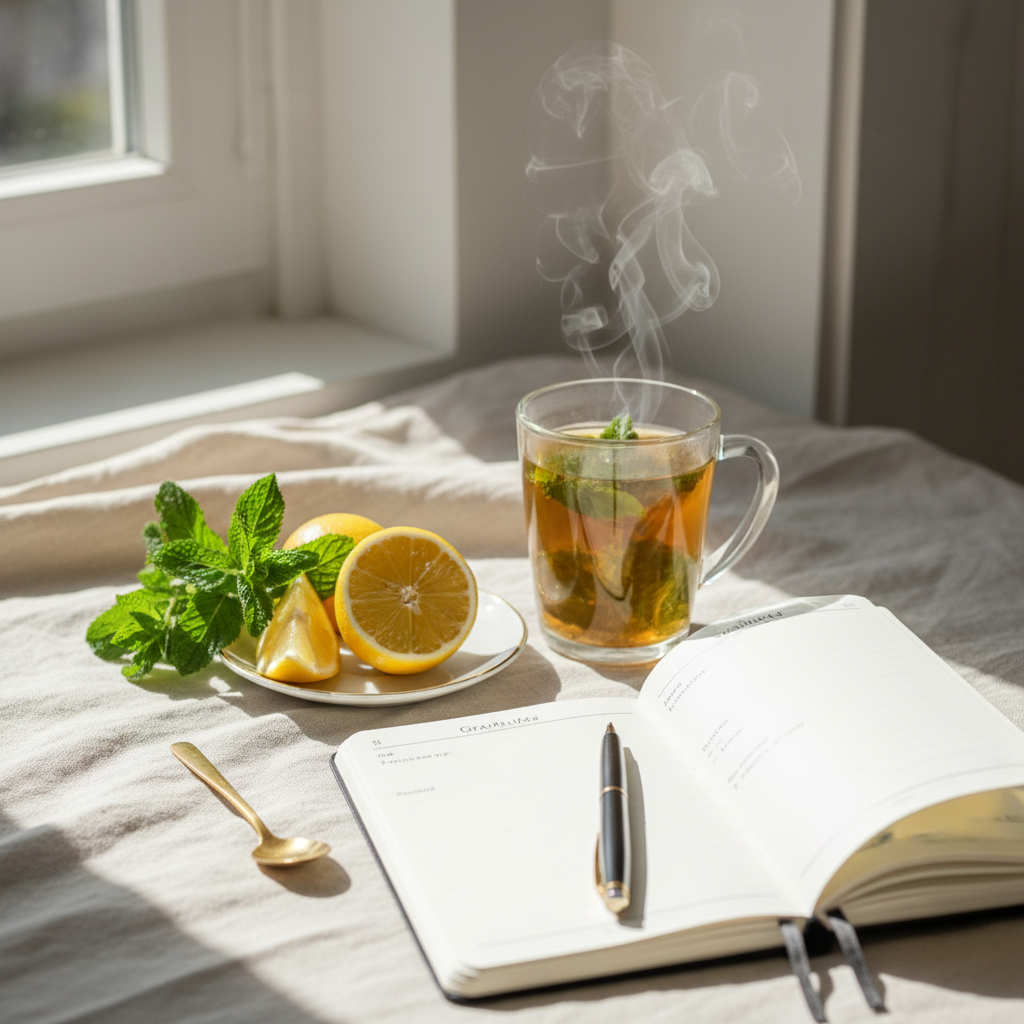Sleep Hygiene Checklist for Wellness: Essential Habits for Restful Nights

What Is Sleep Hygiene and Why Does It Matter?
If you’ve ever wondered what sleep hygiene really means, it’s not about brushing your teeth for your eyelids. Rather, it’s a set of essential habits and environmental tweaks designed to maximize your ability to fall asleep quickly and enjoy deep, restorative sleep. Mastering your sleep routine with proper sleep hygiene improves both your physical health and mental sharpness, helping you feel energized and refreshed each morning.
On the other hand, poor sleep hygiene leads to grogginess, irritability, and difficulty focusing throughout the day. Think of it as treating your body like the sanctuary it deserves, rather than a chaotic, sleepless mess.

My Personal Experience: Why This Checklist Works
Confession time: for years, my nightly routine was more of a sleep deprivation documentary than a wellness practice. Long scrolling sessions on my phone, erratic sleep times, and a caffeine addiction didn’t help. But then, after creating a solid sleep hygiene checklist—including consistent wake-up hours, minimizing screen time, and transforming my bedroom into a peaceful sanctuary—I started sleeping like a champ.
The results? Better mood, boosted productivity, and waking up feeling human again. This personal transformation proves why adopting these essential habits is a true game-changer for anyone seeking wellness through better sleep.

The Ultimate Sleep Hygiene Checklist for Wellness
1. Maintain a Consistent Sleep Schedule
Your body thrives on habit. Going to bed and waking up at the same time daily—even on weekends—sets your internal clock perfectly. It’s like programming your own natural rhythm, making sleep come easier and wake-ups smoother. Learn more about managing your sleep schedule in our deep dive into sleep routines.
2. Create a Relaxing Pre-Bedtime Routine
Ditch the late-night hustle and harsh lights. Instead, unwind with calming activities like reading a book, gentle yoga, or meditation. Avoid emotionally charged conversations before bed to keep stress low and your mind at ease.
3. Optimize Your Sleep Environment
Transform your bedroom into the ultimate sleep haven:
- Keep the temperature cool around 65°F (18°C).
- Use blackout curtains and earplugs to block out lights and noise.
- Invest in a supportive mattress and cozy pillows.
For more on designing restful spaces, check our guide on creating the perfect sleep environment.
4. Limit Exposure to Screens & Blue Light 1 Hour Before Bed
Screen time before bed disrupts melatonin production, your body’s natural sleep hormone. Minimize phone and tablet use an hour before bedtime, or activate night mode settings if you must use them. Protect your brain’s bedtime whisperer to fall asleep faster.
5. Watch Your Food & Beverage Intake
Avoid caffeine, spicy meals, and alcohol close to bedtime. While a glass of wine might seem like a sleep aid, it actually worsens REM sleep quality, leading to restless nights. Instead, opt for herbal teas like chamomile or lavender. Learn more about nutrition’s impact on sleep.
6. Limit Napping
Short, early afternoon naps (20–30 minutes) can recharge you without interfering with nighttime rest. Longer or late naps may disrupt your sleep schedule and make falling asleep harder.
7. Get Natural Morning Sunlight
Morning sunlight exposure helps regulate your circadian rhythm, essentially resetting your internal clock. Even a short walk or sitting by a window can have great benefits. For detailed info, see the industry leading research on sunlight and sleep.
8. Move Your Body Regularly
Regular exercise enhances sleep quality, but timing is key. Aim to exercise earlier in the day to avoid heightened alertness near bedtime that can cause insomnia.
9. Manage Stress & Practice Relaxation Techniques
Calm your mind before sleep by journaling worries, practicing guided imagery, or using progressive muscle relaxation. Stress is the biggest sleep disruptor, so sending it packing is essential.

FAQs
Can I substitute herbal tea for caffeine at night?
Absolutely! Herbal teas like chamomile and lavender are perfect nighttime companions that promote relaxation without the caffeine jitters.
How should I store my sleep journal or checklist?
Keep your sleep journal by your bedside or use a digital app to track your habits and progress. This increases accountability and helps identify what truly works for your sleep improvement.
Is it okay to use white noise machines?
Yes, white noise or nature sounds can effectively mask disruptive noises like snoring, making it easier to stay asleep throughout the night.
How long does it take to see improvements in sleep quality?
Consistency is key. Most people start noticing better sleep within 1–2 weeks of following a well-structured sleep hygiene checklist. Some experience improvements sooner, while others may require more time.


